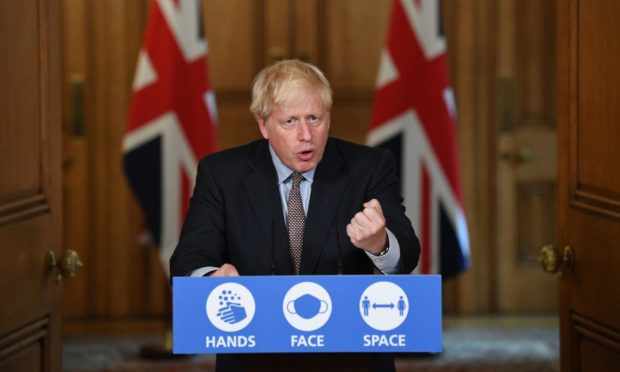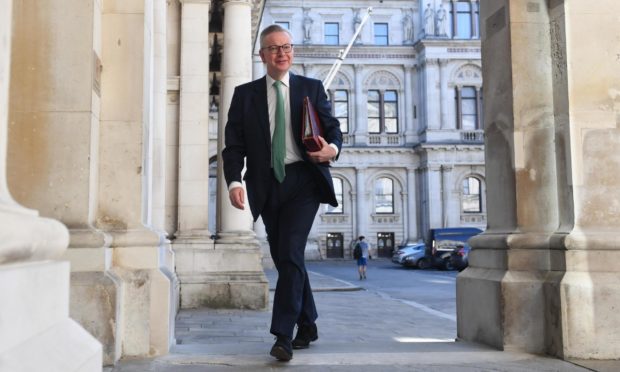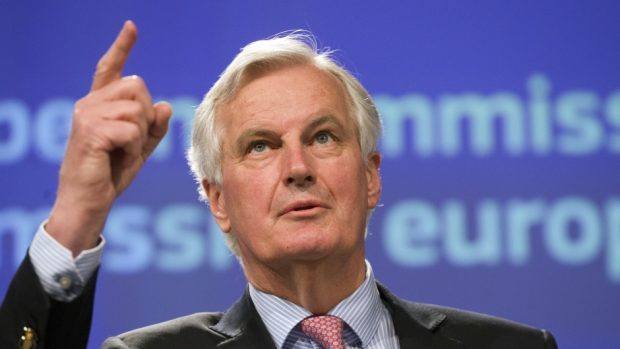Brexit talks are on the brink of collapse after the UK Government refused to back down over plans to change key parts of last year’s withdrawal agreement.
Brussels said the move was an “extremely serious violation of international law” and has given the UK three weeks to backtrack before seeking “legal remedies”.
In a hard-hitting statement following a meeting with Cabinet Office minister Michael Gove in London, the European Commission’s vice-president, Maros Sefcovic, put the prime minister on notice that he risked a no-deal Brexit.
He said: “Violating the terms of the withdrawal agreement would break international law, undermine trust and put at risk the ongoing future relationship negotiations.
“By putting this forward, the UK has seriously damaged trust between the EU and the UK. It is now up to the UK Government to re-establish that trust.”
But Mr Gove said Downing Street would not be acceding to the demands.
He said: “I made it perfectly clear to the vice-president of the commission we would not be withdrawing this legislation.
“I explained to Vice-President Sefcovic that we could not and would not do that, he understood that. Of course, he regretted it.”
The source of the EU’s concern is Mr Johnson’s proposed Internal Market Bill, which was published on Wednesday.
The Good, the Bad and the Ugly: What’s in the Internal Market Bill?
It addresses the Northern Ireland Protocol, an element of the withdrawal agreement designed to prevent a hard border returning to the island of Ireland.
The Bill, in contravention of what was agreed last year, proposes no new checks on goods moving from Northern Ireland to Great Britain.
It gives UK ministers powers to modify or “disapply” rules relating to the movement of goods that will come into force from January 1, if the UK and EU are unable to strike a trade deal.
Mr Gove said the UK was “absolutely serious about implementing the Northern Ireland protocol” and looked forward to setting out the justification to critics within his own party, which include former leaders Michael Howard, Theresa May and John Major.
Lord Howard accused the Government of damaging the UK’s “reputation for probity and respect for the rule of the law”.
“How can we reproach Russia or China or Iran when their conduct falls below internationally accepted standards, when we are showing such scant regard for our treaty obligations?” he told the House of Lords.
The row has overshadowed the eighth round of negotiations between Michel Barnier, the EU’s chief negotiator, and his British counterpart, David Frost.
The pair have just five weeks to thrash out a future trade deal.
The SNP has now ramped up calls on the UK Government to ditch its “hostile and illegal” Brexit plan.
The party’s Brexit spokesperson, Dr Philippa Whitford, said: “Rather than gambling with people’s livelihoods, pushing jobs and businesses to the brink, and harming our economy, the Tories must heed the mounting opposition and scrap their hostile and illegal draft Brexit bill and work with our EU partners in good faith.
“People in Scotland are looking on in dismay at an out-of-touch Westminster Tory government that is trampling over international law and planning to overrule the devolved nations and their democratic decisions.”



